Government policies have a direct impact on our rights and freedoms, which is why recent changes across a range of areas are raising concerns. From privacy and voting access to free speech and healthcare, we look at 20 alarming changes in government policies that could affect your rights:
Erosion of Voting Rights
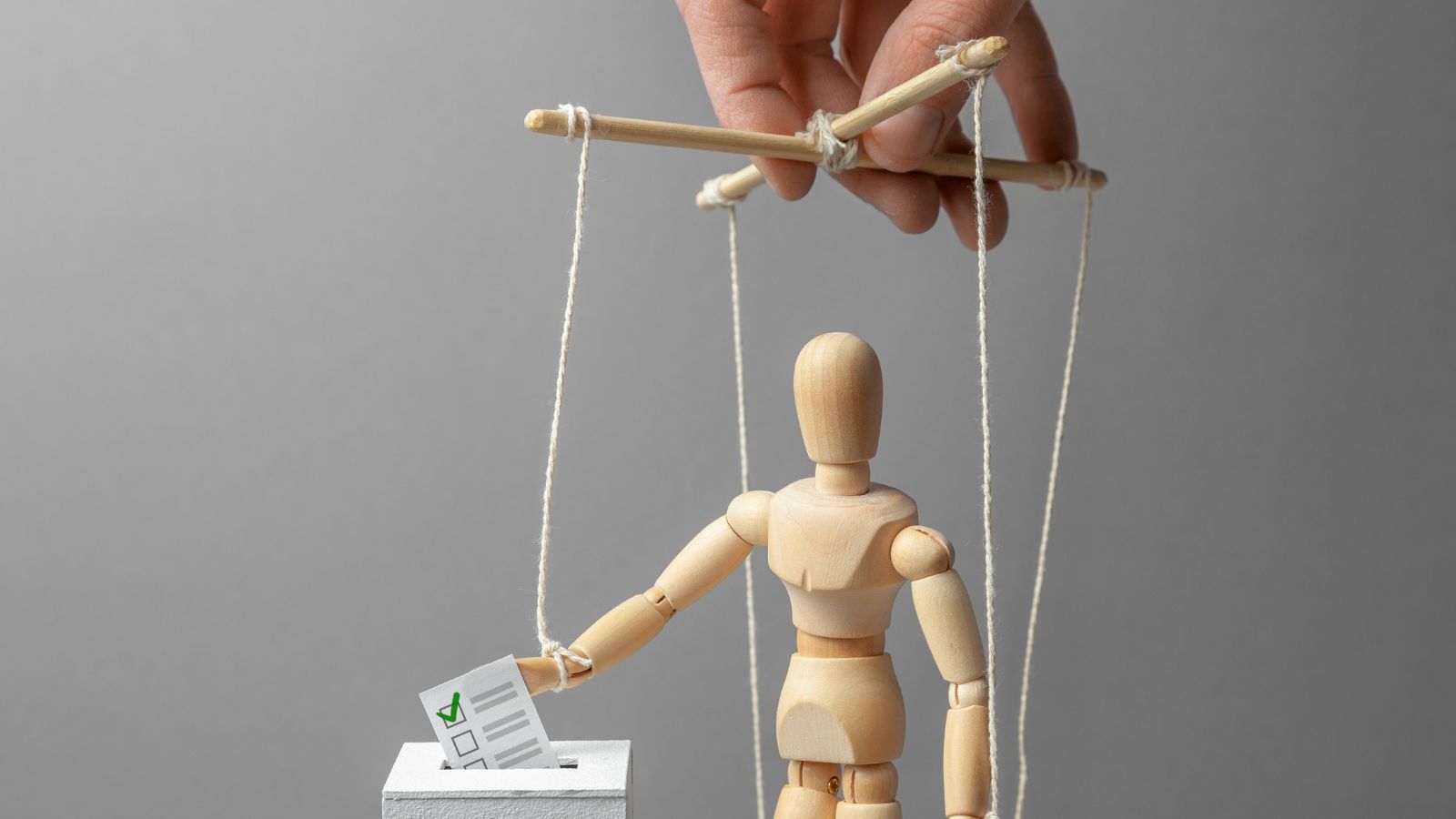
In recent years, various states have enacted laws making it more difficult to vote, particularly for marginalized communities. Stricter voter identification laws, fewer polling places, fewer early voting days and restricted mail-in voting options are some of these modifications.. Such measures may disproportionately affect minority and low-income voters, threatening democratic participation.
Expanded Surveillance Powers

In the name of national security, governments have broadened their surveillance powers, often without adequate oversight. Policies like the Patriot Act and mass data collection programs allow authorities to monitor citizens’ communications, internet activity and personal data without warrants, raising significant privacy concerns.
Restrictions on Protest and Assembly

Laws restricting the right to peaceful assembly and protest have been passed by a number of states, mostly in reaction to environmental activism and movements like Black Lives Matter. These laws can criminalize protestors, increase penalties for disruptions and limit where and when people can demonstrate, threatening free speech and the right to dissent.
Changes in Reproductive Rights
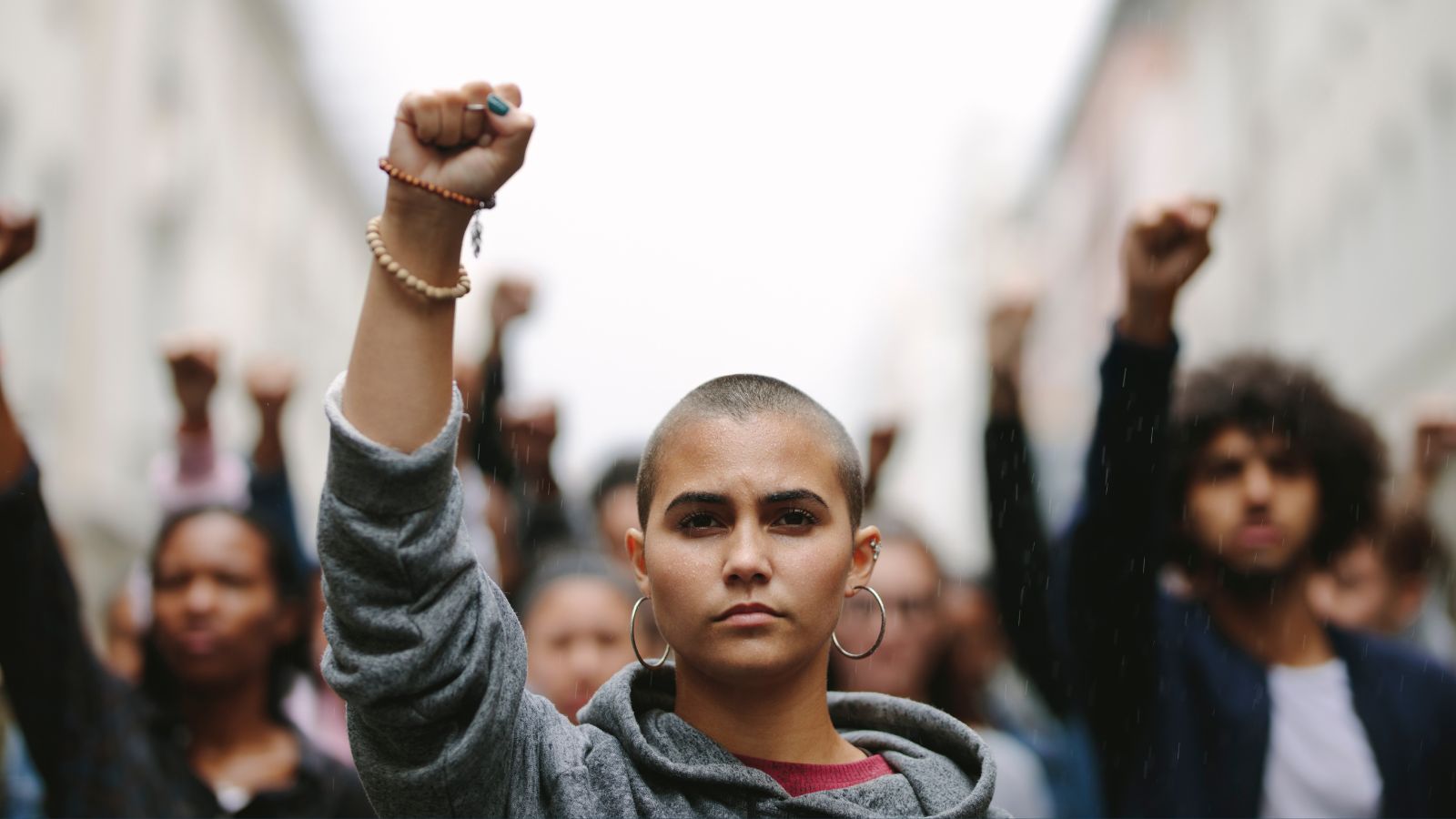
In many states, access to abortion services has been severely restricted. With the overturning of Roe v. Wade by the Supreme Court in 2022, some states have implemented complete bans or placed stringent restrictions on abortion. These changes significantly impact women’s reproductive rights and access to healthcare, especially in conservative-leaning regions.
Free Speech Limitations on Social Media
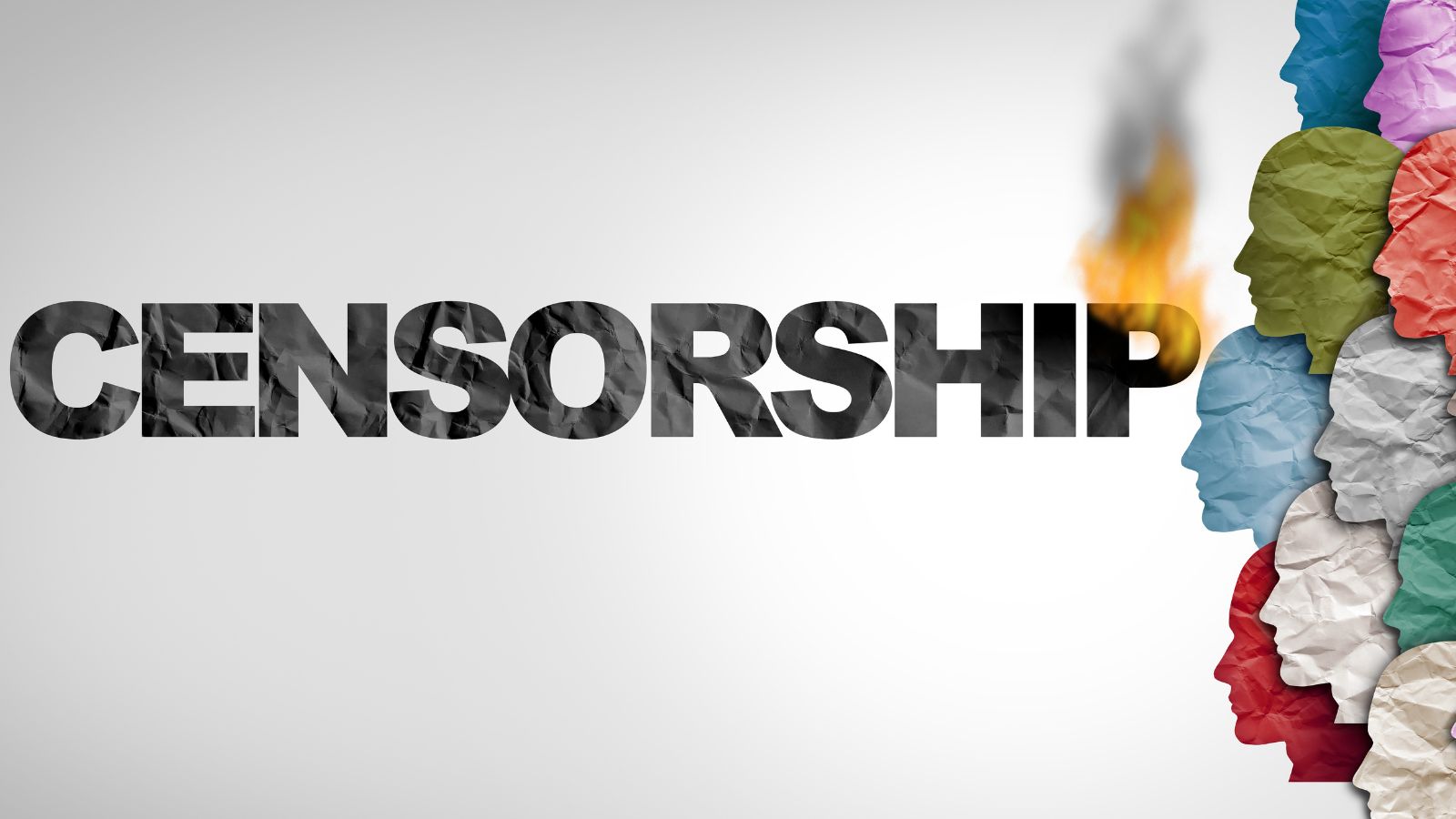
As social media has become a primary platform for public discourse, government efforts to regulate online speech have intensified. Policies designed to counteract disinformation may occasionally conflate censorship with protection, giving rise to worries about the repression of free speech and the right to express divergent viewpoints on the internet.
Rollbacks in LGBTQ+ Rights
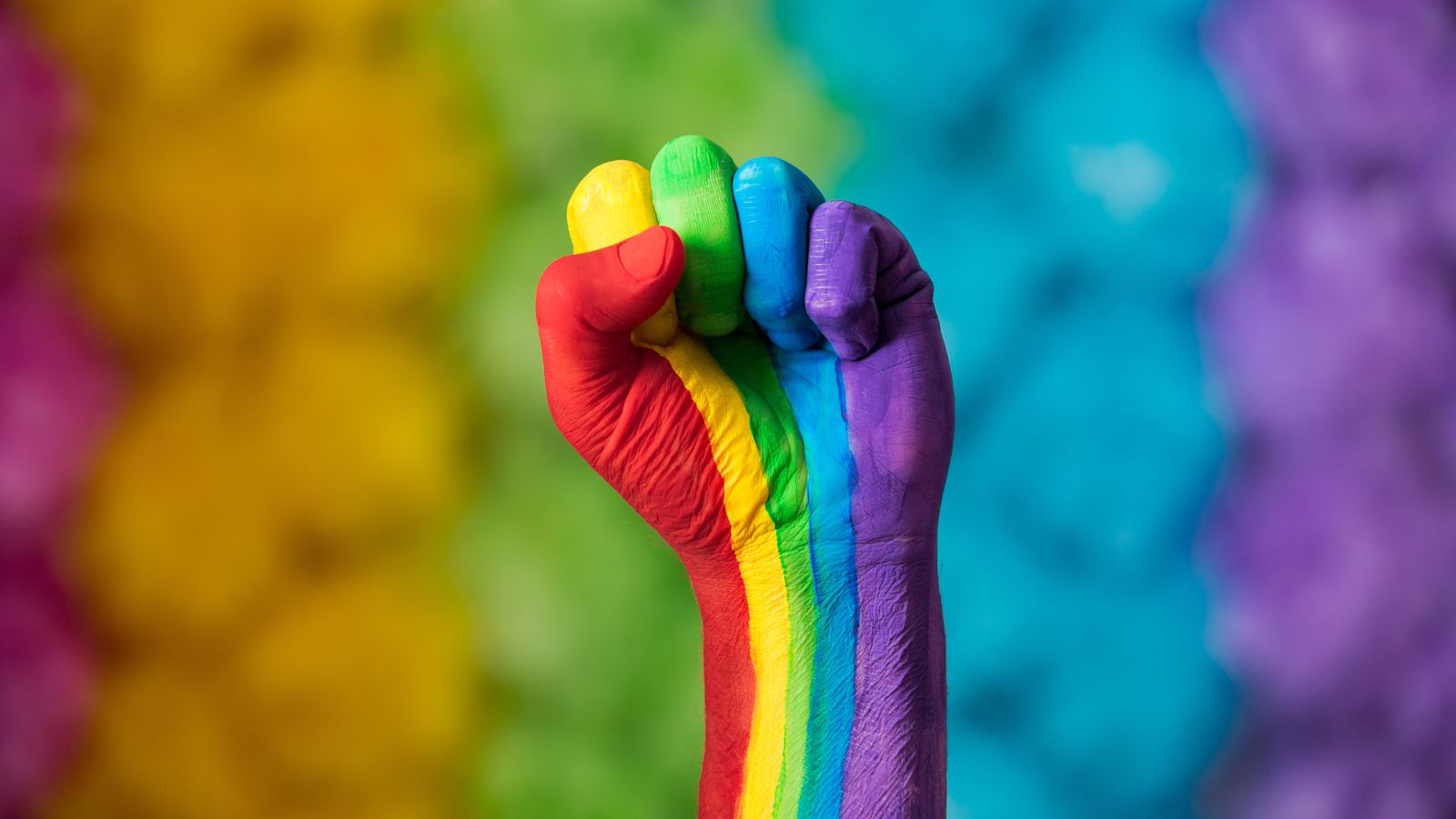
Policies aimed at restricting the rights of LGBTQ+ individuals have emerged in various states, particularly targeting transgender people. Laws that limit access to gender-affirming healthcare, restrict transgender athletes from competing in sports and roll back protections in schools and workplaces threaten the rights and well-being of LGBTQ+ communities.
Increased Policing and Militarization

There has been a significant increase in the militarization of police forces across the U.S. The acquisition of military-grade weaponry with enhanced law enforcement budgets has sparked worries about the use of excessive force and the decline of civil freedoms in communities, especially during protests or civil disturbances.
Immigration Crackdowns
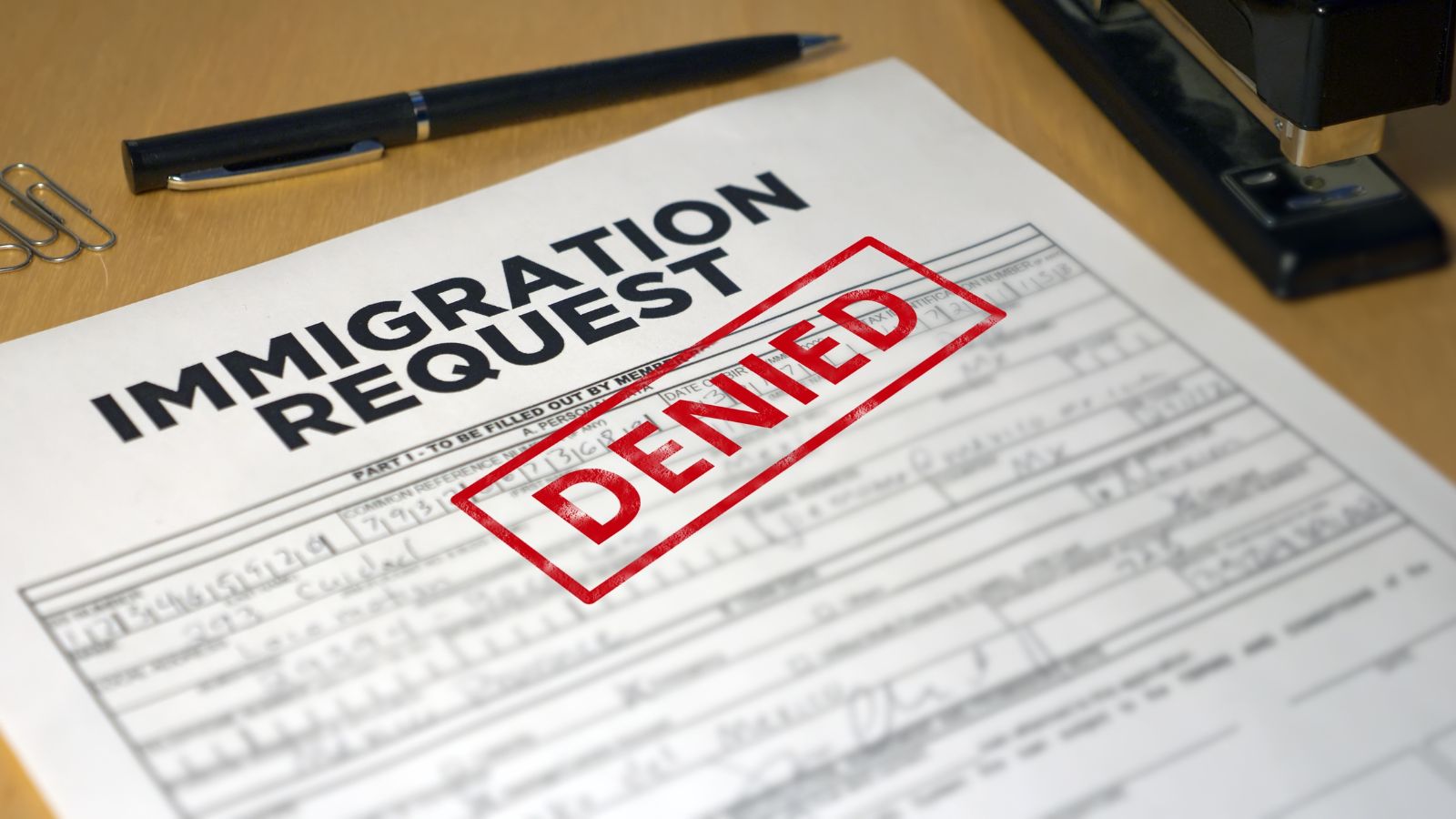
Tougher immigration policies, including the expansion of deportation powers and the restriction of asylum applications, have significantly impacted immigrants’ rights. Family divisions, prolonged detentions and restricted access to legal counsel for immigrants and refugees seeking safety have resulted from these policies.
Challenges to Workers’ Rights

Recent efforts to weaken labor unions and roll back labor protections threaten workers’ rights. Workers’ ability to bargain for fair wages, benefits, and safe working conditions is undermined by policies that restrict collective bargaining, restrict worker protections and lower minimum wage increases.
Changes in Healthcare Access

The U.S. healthcare system is facing significant changes, particularly regarding access to affordable care. Policy shifts that reduce funding for Medicaid, defund Planned Parenthood, and limit access to affordable prescription medications could lead to fewer healthcare options, especially for low-income individuals and families.
Weakening of Environmental Protections
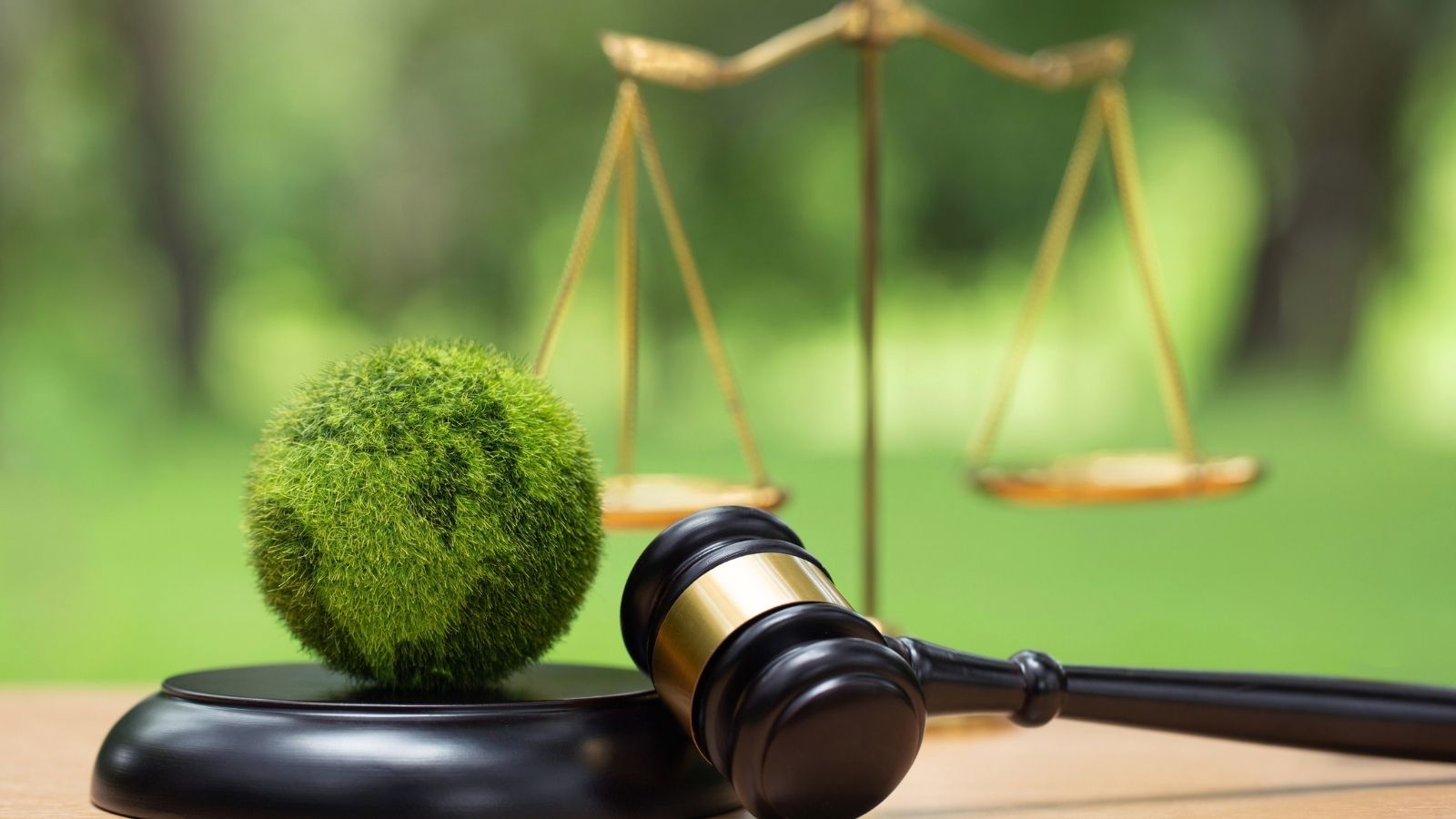
In recent years, rollbacks of key environmental regulations—such as the Clean Water Act and Clean Air Act—have raised concerns about public health and environmental justice. Reductions in environmental standards could affect the quality of the air we breathe and the water we drink, disproportionately impacting marginalized communities.
Expansion of Qualified Immunity
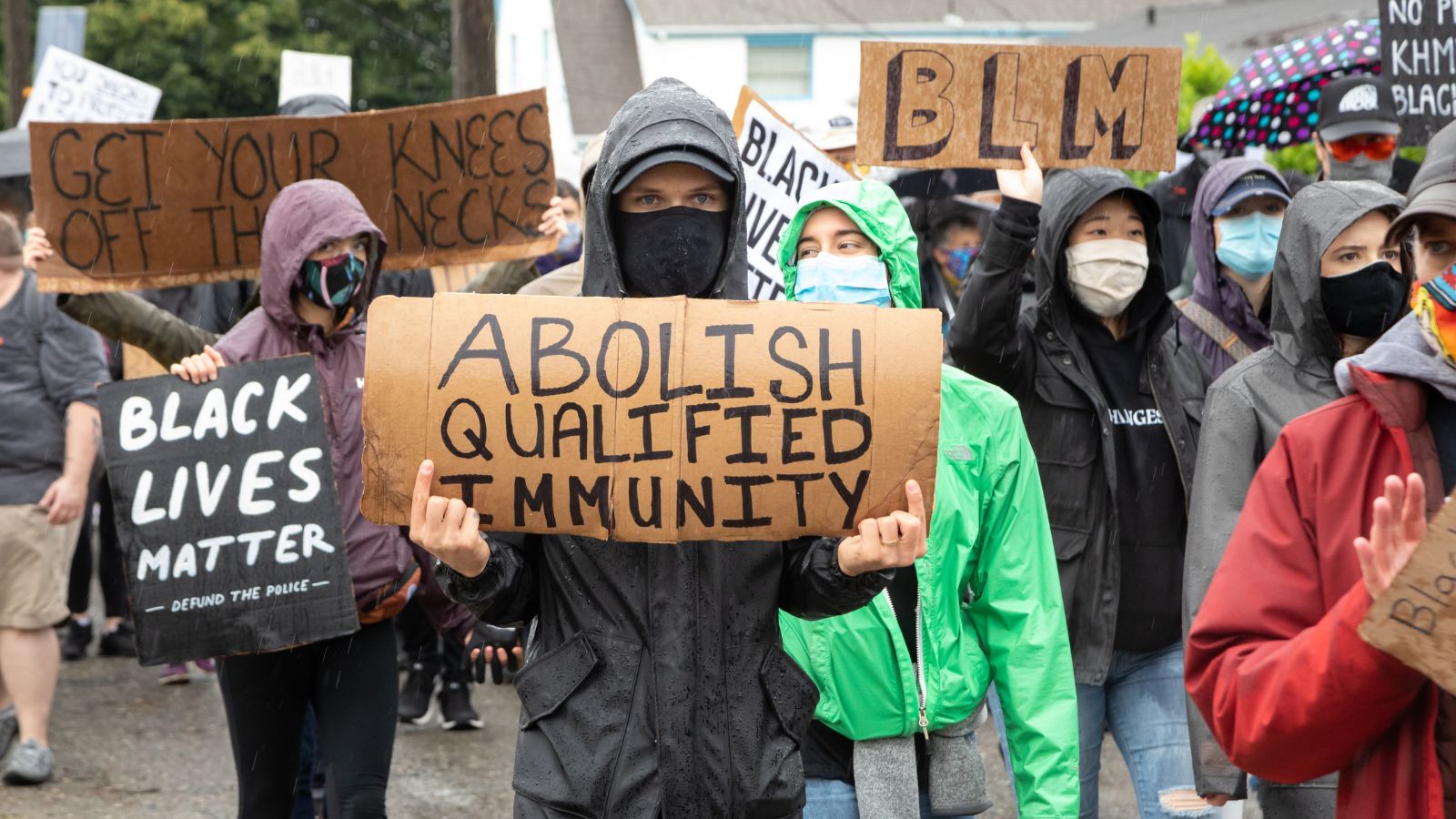
Efforts to expand qualified immunity for police officers have sparked concerns about accountability. Qualified immunity protects government officials from being held personally liable for constitutional violations, such as excessive force or unlawful searches, making it harder for victims of police misconduct to seek justice.
Limitations on Press Freedom
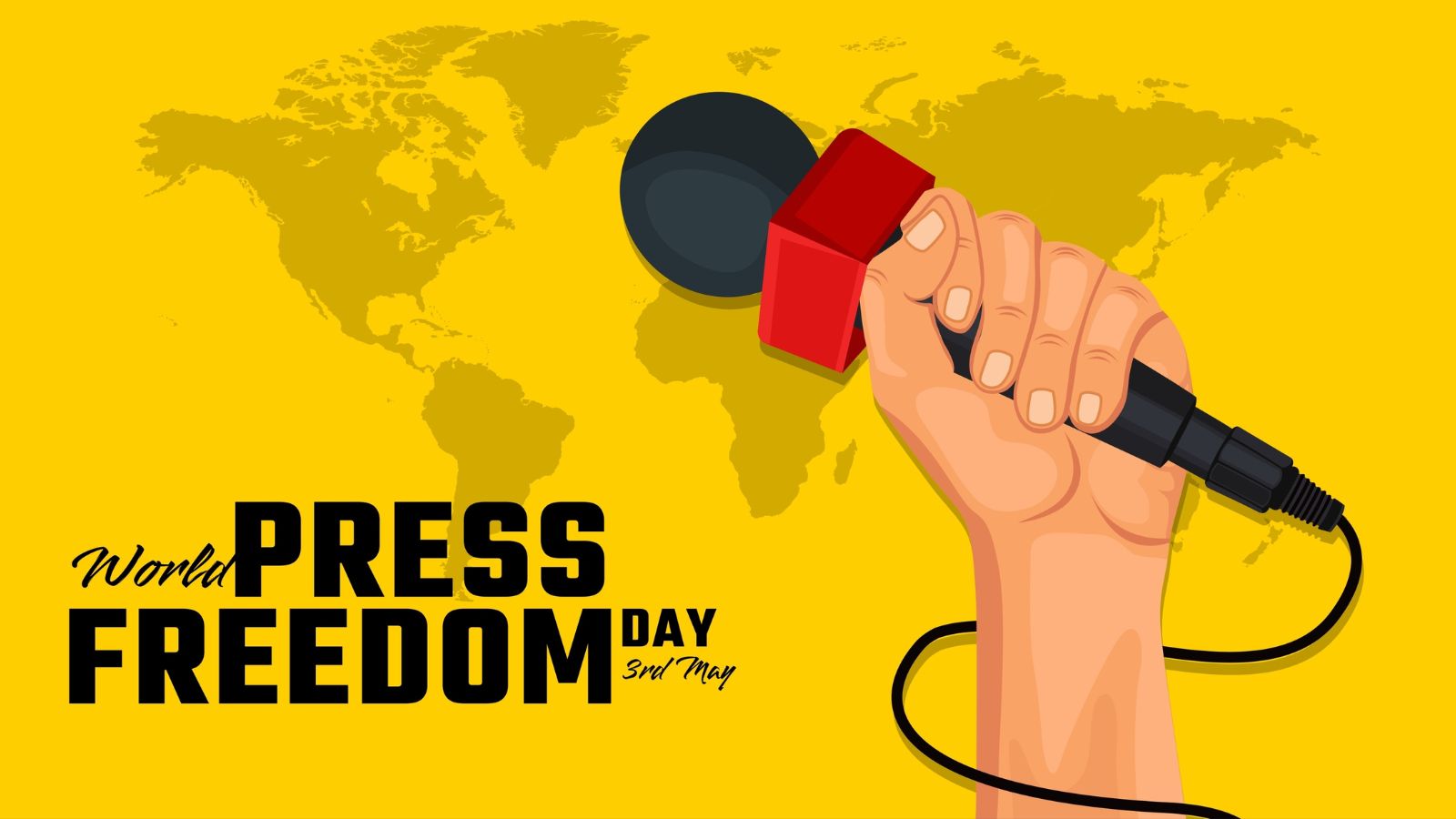
There has been growing tension between the government and the press, with policies aimed at restricting the freedom of journalists. From arrests of reporters at protests to policies limiting access to information, these actions pose a threat to the First Amendment and the public’s right to a free and independent press.
Surveillance of Private Healthcare Choices

New policies in certain states aim to monitor and restrict personal healthcare decisions, particularly in relation to reproductive rights. Proposals to track individuals who seek abortions or access birth control could lead to further intrusion into private medical decisions, threatening bodily autonomy and personal privacy.
Criminalization of Poverty
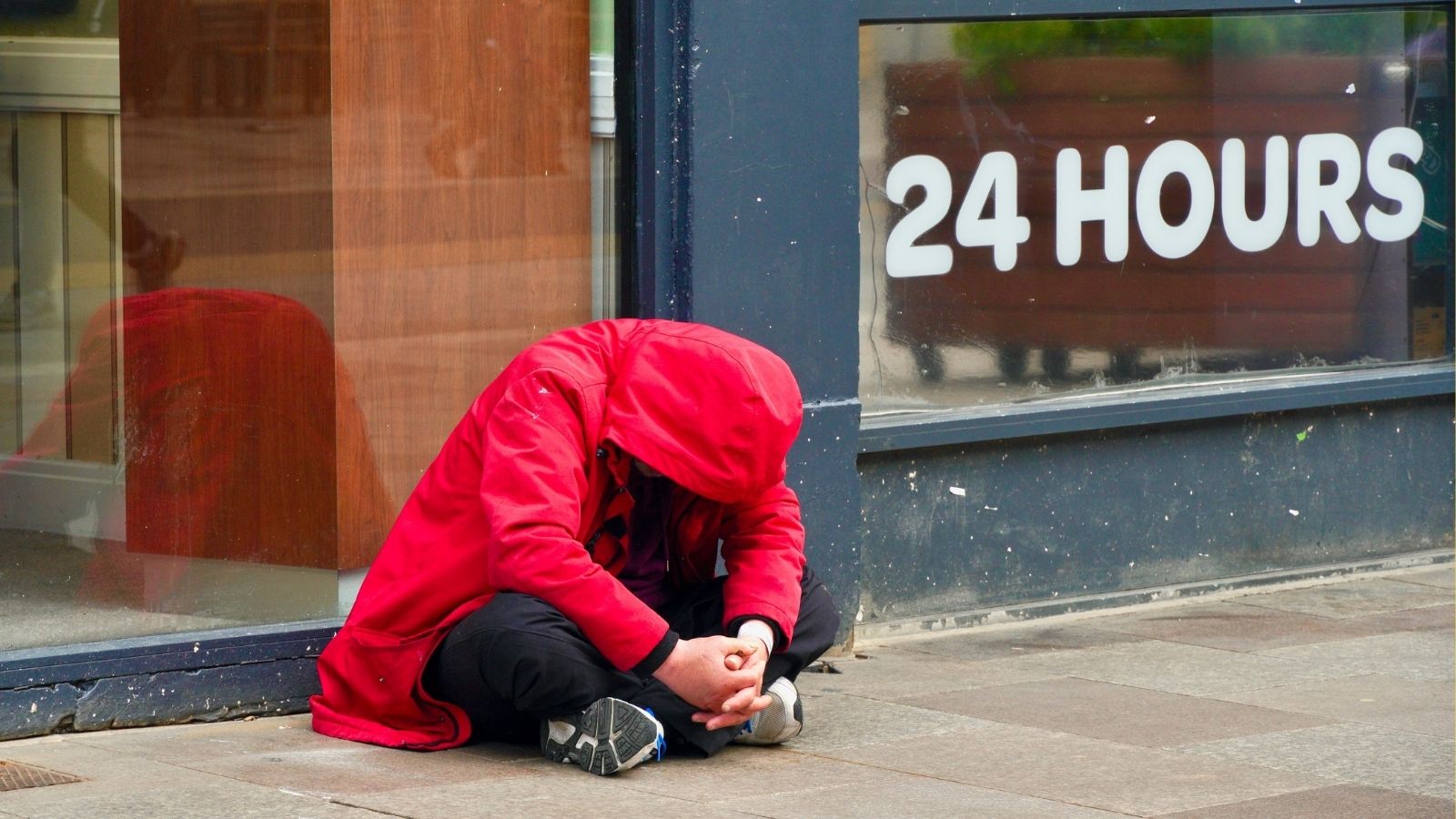
Laws that disproportionately affect homeless individuals—such as bans on camping in public spaces, loitering laws and restrictions on panhandling—criminalize poverty rather than addressing its root causes. These policies often target society’s most vulnerable and exacerbate cycles of poverty and incarceration.
Increased Use of Facial Recognition

The widespread deployment of facial recognition technology by law enforcement agencies raises concerns about privacy violations and government overreach. While marketed as a tool for safety and security, the lack of oversight and the potential for abuse in surveillance and profiling make this technology a growing threat to civil liberties.
Religious Freedom vs. Civil Rights

The growing number of laws that prioritize religious freedoms over civil rights protections has led to concerns about discrimination. In some cases, individuals and businesses are allowed to deny services to LGBTQ+ individuals, women seeking reproductive care, or others, based on religious beliefs, potentially infringing on equal protection rights.
Restrictions on Internet Privacy

Policies that reduce net neutrality protections or allow corporations to sell personal data without consent threaten the privacy of individuals online. The rollback of internet privacy regulations allows internet service providers and tech companies to collect and share user data, often without explicit consent, leading to potential misuse of personal information.
Erosion of Disability Rights Protections
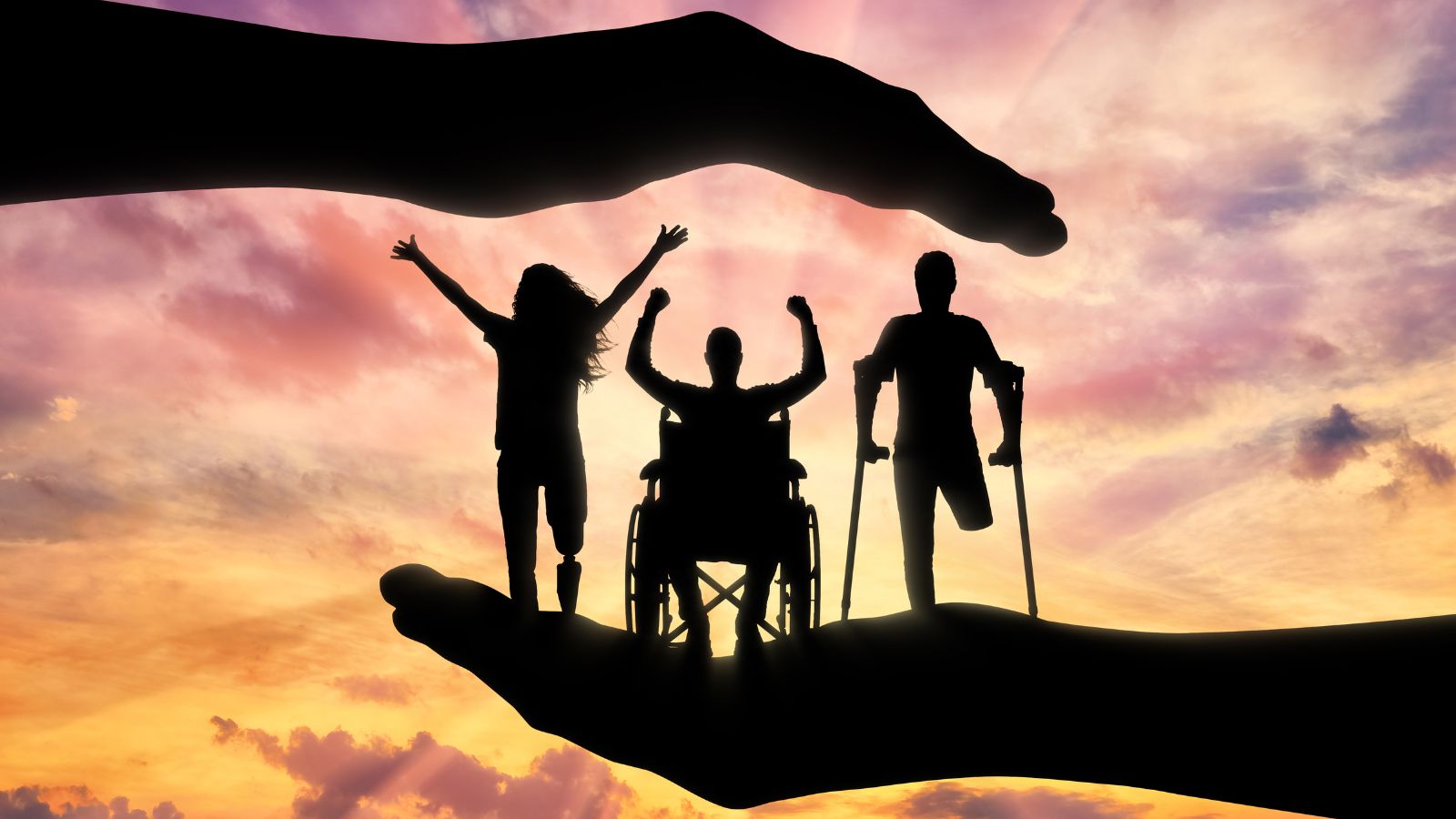
Recent shifts in policies related to the Americans with Disabilities Act (ADA) could weaken protections for people with disabilities. Proposals to make it harder to file ADA lawsuits, as well as budget cuts to social services that assist disabled individuals, could limit access to accommodations and services necessary for equal participation in society.
Crackdown on Whistleblowers

The government’s increasing use of harsh penalties and retaliatory actions against whistleblowers raises concerns about transparency and accountability. Policies that punish individuals for exposing corruption, wrongdoing, or unethical practices within government institutions discourage transparency and can chill efforts to hold those in power accountable.
18 Reasons Why People Are Leaving Florida in Masses

Exploring factors that impact the desirability of living in Florida, this list delves into various challenges shaping residents’ experiences. From environmental concerns like rising sea levels to economic factors such as fluctuating job markets, these issues collectively contribute to a nuanced understanding of the state’s appeal.
18 Reasons Why People Are Leaving Florida in Masses
